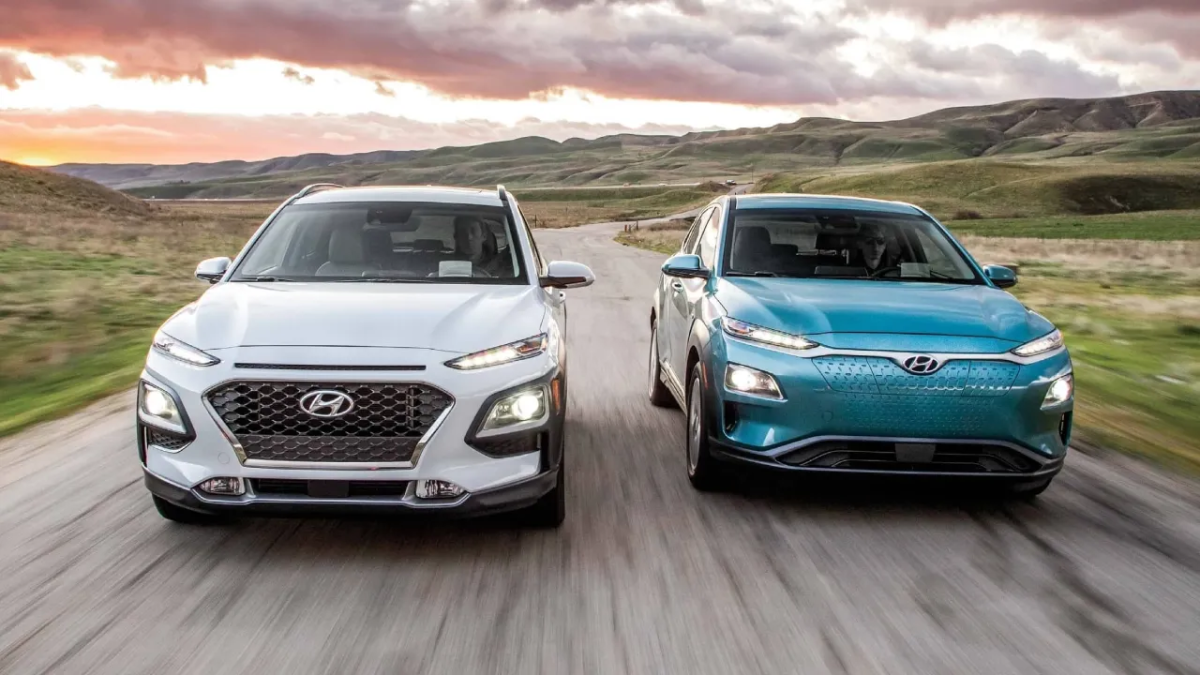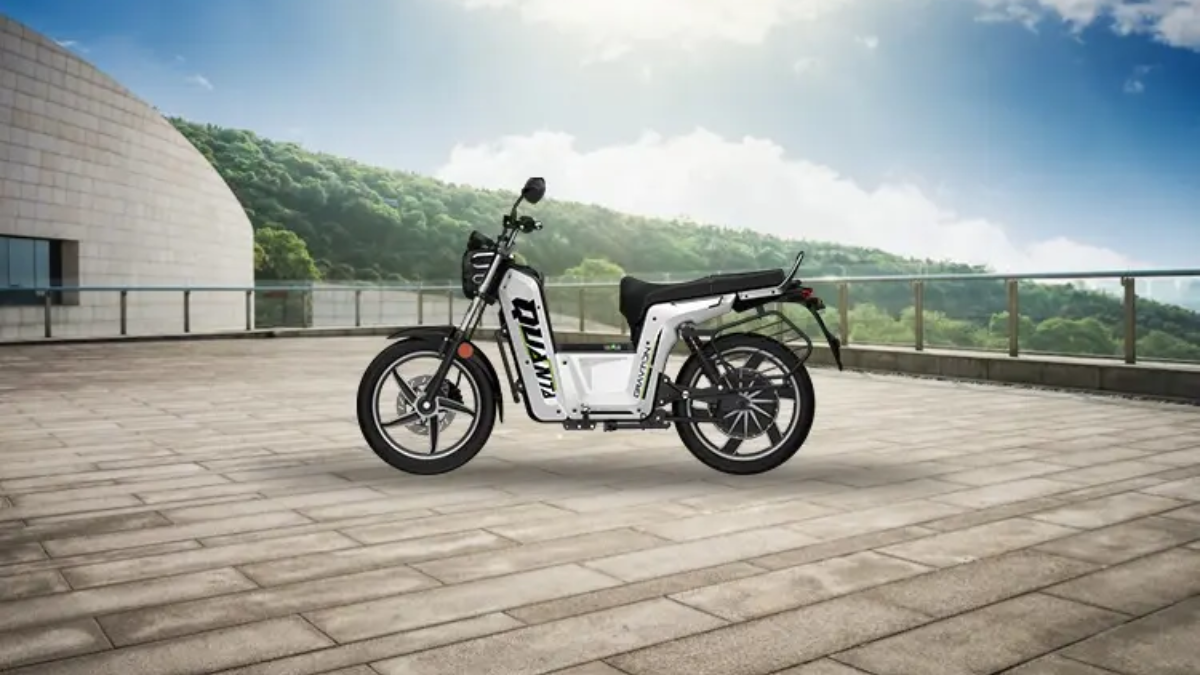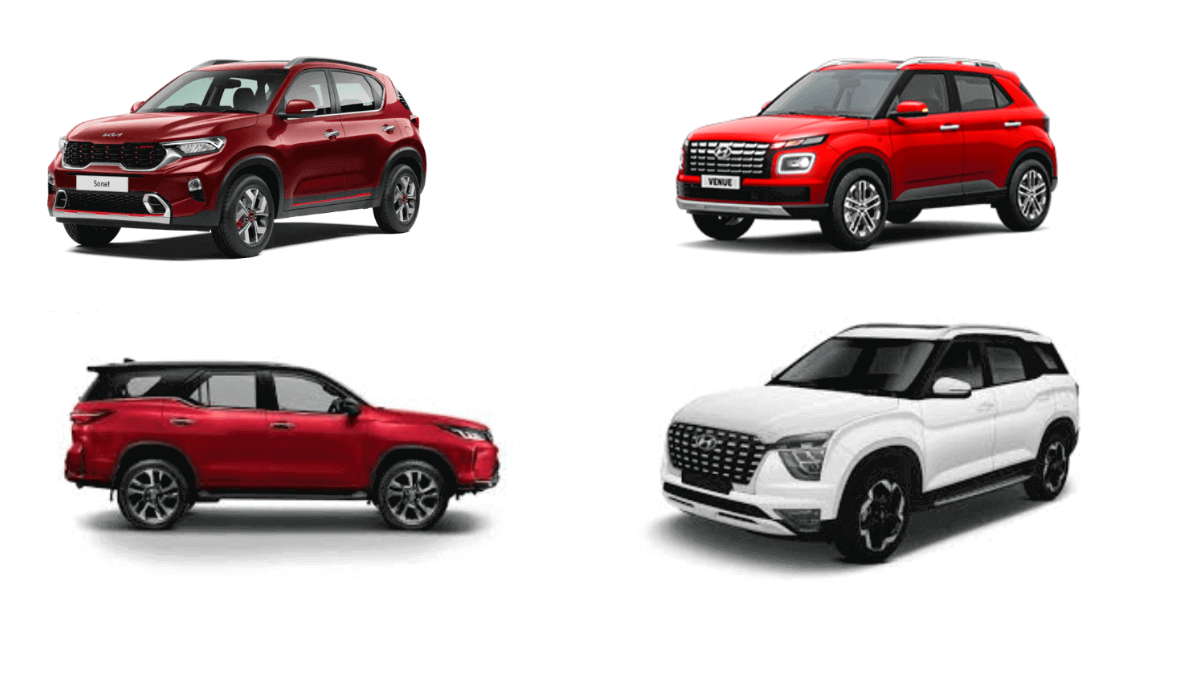India is witnessing a major shift in how people drive. With rising fuel prices and growing environmental concerns, electric vehicles (EVs) are becoming a serious alternative to traditional petrol-powered cars. But in 2025, are electric cars truly ready to replace petrol cars for everyday Indian roads? In this article, we’ll break down the key differences between electric and petrol cars to help you decide which is better for your lifestyle and budget.
Electric Cars in India – Clean and Cost-Effective
Electric cars have gained popularity in recent years due to their low running costs and eco-friendliness. They use electric motors powered by rechargeable batteries instead of internal combustion engines. Big players like Tata, Mahindra, BYD, and Hyundai are investing heavily in EV technology. In 2025, EVs are more advanced, offering better range, faster charging, and improved reliability compared to previous years.
EVs are quiet, smooth, and cheaper to maintain. There’s no need to visit petrol pumps — just plug in at home or at growing public charging stations. However, challenges like limited charging infrastructure, higher upfront costs, and long-distance travel anxiety still exist, especially in smaller towns and rural areas.
Petrol Cars in India – Reliable and Road-Tested
Petrol cars have been the backbone of Indian transportation for decades. They’re widely available, easy to refuel, and have a proven track record on both highways and city roads. In 2025, petrol cars are still preferred by many because of their affordability, familiarity, and convenience for long journeys.
Despite being less eco-friendly, modern petrol cars are more fuel-efficient than ever before. Plus, buyers have a wider range of models to choose from at different price points. For people who travel frequently across long distances or to remote areas, petrol vehicles offer peace of mind due to widespread refueling stations and service centers.
Which One Is Better for Indian Roads in 2025?
The answer depends on your lifestyle and driving needs. If you mostly drive in cities, an electric car could save you a lot of money over time while also reducing pollution. But if you travel long distances or live in areas with poor charging infrastructure, a petrol car may still be the more practical option.
In 2025, electric vehicles have come a long way in terms of battery life and availability of fast-charging stations in metro cities. However, India’s road conditions, power grid reliability, and climate diversity still pose challenges for 100% EV adoption. Hybrid cars might also be a smart middle-ground for many Indian buyers.
Comparison Table – Electric vs Petrol Cars (2025)
| Feature | Electric Cars | Petrol Cars |
|---|---|---|
| Running Cost | ₹0.8 – ₹1.2 per km | ₹6 – ₹8 per km |
| Upfront Cost | Higher (₹9–20 lakh avg.) | Lower (₹6–12 lakh avg.) |
| Maintenance | Low (fewer moving parts) | Higher (regular oil/service needed) |
| Refueling | Charging (4–8 hours or fast-charging) | Instant at any petrol station |
| Eco-Friendliness | Zero tailpipe emissions | Emits CO₂ and other pollutants |
| Ideal For | City driving, short daily commutes | Long-distance, highway, rural use |
| Availability of Models | Growing but limited | Wide variety in all price ranges |
| Resale Value | Improving with demand | Stable due to familiarity |
Both electric and petrol cars have their advantages in 2025, especially in a diverse country like India. For urban drivers who want lower fuel costs and a greener option, electric cars are the way forward. But for those who need flexibility, affordability, and long-distance capability, petrol cars still hold strong value. The best choice ultimately depends on your usage, budget, and access to charging or fuel infrastructure.
As India moves toward a cleaner future, the government’s push for EV adoption and improving infrastructure may soon make electric vehicles the preferred choice for all. Until then, the decision remains personal — based on where and how you drive.
FAQ’s:
Are electric cars cheaper to run than petrol cars in India?
Yes, electric cars cost significantly less to run per kilometer, as electricity is much cheaper than petrol.
Do electric cars work well on Indian highways and rough roads?
EVs are improving rapidly and can handle highways well, but range anxiety and lack of chargers in remote areas can be issues.
Is it worth buying a petrol car in 2025?
Yes, if you travel long distances, want quick refueling, or live in an area with limited charging stations, petrol cars are still a reliable choice.
What’s the main disadvantage of electric cars in India right now?
Limited charging infrastructure and longer charging times are still major concerns in many parts of the country.
Will the resale value of electric cars improve in the future?
As EV adoption grows and battery technology improves, resale value is expected to rise steadily.
















